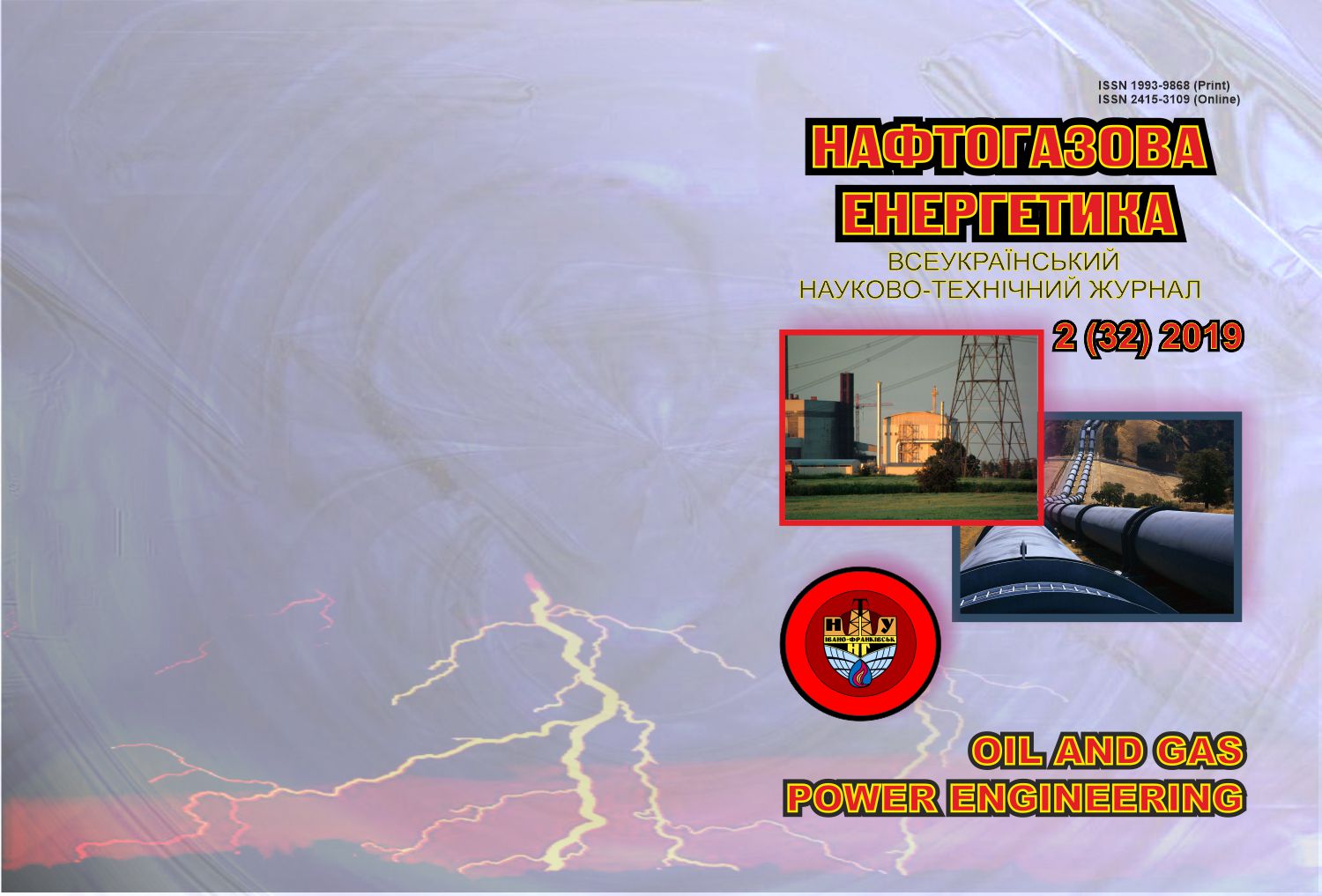Prospective types of alternative fuels for internal combustion engines
DOI:
https://doi.org/10.31471/1993-9868-2019-2(32)-97-106Keywords:
alternative fuels, blending, internal combustion engines, ecology, economy, improvement.Abstract
Currently, the disposal and recycling of the alcohol industry products creates a number of difficulties due to the lack of well-established recycling lines in Ukraine. Since 1998, eight enterprises of the state-owned concern Ukrspirt have been converted to produce high-octane oxygen-containing additives (CFCs) for ethanol-based fuels to organize the processing of waste from the alcohol industry. During this time, they produced 28.2 thousand tonnes of CALs, but CALA enterprises face great difficulties in selling their products, as they are new and expensive. The influence of fusel oil additives on commodity fuels on the main physical and technical indicators of the obtained alternative fuels is considered in the paper. According to the results of studies of octane number, we have established the optimal compositions of fuel mixtures of fusel oils with gasoline A-80 can contain up to 10% of the latter. For mixtures of fusel oils with diesel fuel by cetane number, their optimum content in diesel fuel is from 4 to 10% by volume. But, according to the trends of the development of diesel engines, the compression ratio increases, which allows the use of diesel fuel with higher cetane number, and therefore it is possible to raise the content of fusel oils in diesel fuel to 12%. According to the results of studies of the environmental performance of the ZIL-130 engine when fusel oils are added to commercial gasoline in an amount of 2 to 10% vol. the CO content in ICE exhaust gases decreases by 9.3%, fuel consumption increases by 6.5%, hydrocarbons by 10.2% and nitrogen oxide by 16.9%. As a result of increasing the content of fusel oils in diesel from 0 to 6%, there is an increase in mass flow rate of fuel to 6.1%, an increase in the concentration of hydrocarbons to 10% and nitrogen oxides by 1.9% in the exhaust gases of the engine D21A1. Thus, as we see today, along with traditional fuels for internal combustion engines, it is possible to use their alternative substitutes quite efficiently both in their pure form and in mixtures with them. There are all prerequisites for this in Ukraine and the region, the only question is the financing of these projects.
Downloads
References
Kanylo P.M., Bei Y.S., Rovenskyi A.Y. Avtomobyl y okruzhaiushchaia sreda. Kharkiv: Prapor, 2000. 304 p.
Devianyn S. N., Markov V. A., Semenov V. H. Rastytelnye masla y toplyva na ikh osnove dlia dizelnykh dvihatelei. Kharkiv: Novoe slovo, 2007. 452 p.
Bilichenko V.V., Drukovanyi M. M. Vyprobuvannia dyzelnykh dvyhuniv pid chas roboty na biopalnomu. Visnyk Vinnytskoho politekhnichnoho instytutu. 2007. No 4. P. 153-155.
Rozvytok vyrobnytstva ta spozhyvannia biolohichnykh palyv v Ukraini. Zb. materialiv Vseukrainskoi nauk.-prakt. konf. (K., 2007). Ukrainska asots. vyrobnykiv bioenerhetychnoi syrovyny, ustatkuvannia biopalyva ta naukovoho zabezpechennia rozvytku bioenerhetychnoho vyr-va "UKRBIuENERHO". K.: Parlamentske vyd-vo, 2007. 72 p.
Shymanskyi S.I., Symonenko R.V., Merzhyievska L.P., Hovorun A.H. Vykorystannia biohazu yak motornoho palyva. Avtomobilnyi transport. Naukovo-vyrobnychyi zhurnal. 2013. No 6 (236). P. 13-15.
Dykun T.V., Haieva L.I., Kozak F.V., Demianchuk Ya.M. Analiz roboty dvyhuniv vnutrishnoho zghoriannia na biohazi z vidkhodiv smittiezvalyshch. Naftohazova enerhetyka. 2019. No 1 (31). P. 83-91.
Melnyk V.M. Vykorystannia vidkhodiv spyrtovoi promyslovosti u yakosti dobavok do motornykh palyv. Mizhnarodna naukovo-prak-tychna konferentsiia «Ekoheoforum 2017. Aktualni problemy ta innovatsii», 22-25 bereznia 2017. Ivano-Frankivsk, 2017. P. 164.
Homonai V.I., Bohosta A.S., Lobko V.Iu., Tatskar A.R. Etylovyi spyrt yak ekolohichne palyvo dlia dvyhuniv vnutrishnoho zghorannia. Naukovyi visnyk Uzhhorod. un-tu. 2011. No 1(25). P. 82-87.
Dobrovolskyi O.S., Kareiev S.V., Stupak N.S., Ovchynnikov D.V., Rychok S.O. Vplyv Vmistu spyrtu na palyvnu ekonomichnist suchasnoho dvyhuna. Vcheni zapysky TNU imeni V.I. Vernadskoho. Seriia: tekhnichni nauky. 2018. Vol. 29 (68). P. 299-306.
Melnyk V.M., Kozak F.V., Haieva L.I. Utylizatsiia syvushnykh masel u dvyhunakh vnutrishnoho zghoriannia. Rozvidka ta rozrobka naftovykh i hazovykh rodovyshch. 2009. No 3(32). P. 93-97.


.png)






1.png)







